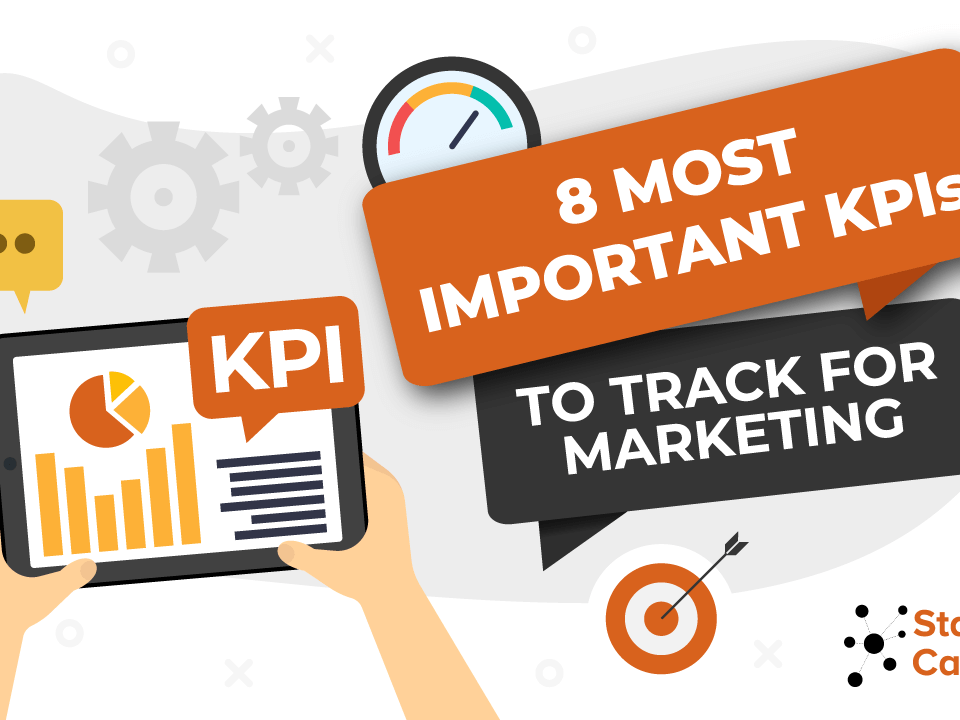
The Story of Instagram (How a Simple Photo-Sharing App Conquered the Social World)
April 17, 2015Is Google Plus Still Relevant?
June 4, 2015There was a time when SEO was all about stuffing keywords into every aspect of your content. An SEO Manager would insert keywords in everything starting from the URL to the body content where they would be mentioned a zillion times.
Enter Google Hummingbird and the world of SEO has changed for the better. Contrary to popular opinion, Hummingbird has made SEO easier. Thanks to this algorithm update, Google knows exactly how unique your content is. And it’s not just Google anymore. Other search engines such as Bing, Yahoo, and DuckDuckGo are all trying to take some market share away from Google. The SEO game has evolved and is now more content driven and less keyword driven.
Here are a few of the best practices that you need to follow to ensure that your content is optimized for search engines:
1) Mobile SEO
Let’s first focus on the most recent algorithm update by Google which rewards websites that have responsive design. By ensuring your website is mobile-friendly, you are guaranteed a better position on Search Engine Result Pages (SERP). What’s the reason behind this algorithm update? It’s the fact that people are increasingly accessing websites from their smartphones and tablets. By 2015, 1.9 billion people around the world will be accessing the web using their mobile devices, surpassing desktop internet users which is estimated to be around 1.6 billion (*ComScore Survey). Hence, Google believes it’s really beneficial for your website to have responsive design to make it more accessible, user-friendly, and easily readable on mobile devices. Perform Google’s Mobile-Friendly Test to check if your website is optimized for mobile devices. If it’s not, then Google will suggest modifications to your website to make it mobile-friendly.
2) Avoid Keyword Stuffing
As stated earlier, SEO is not about keyword stuffing anymore. A decade ago, it was common to stumble upon a website which was awkwardly stuffed with keywords to deceive search engines. Keyword density is not important anymore and anyone who says so doesn’t know anything about SEO. Instead, focus on TF-IDF (Term Frequency – Inverse Document Frequency) which means that your content should have certain keywords that appear more frequently than others.
3) Never Underestimate Meta Description
Meta description may not be a ranking factor, but studies have shown that it positively impacts CTR of your content. Compellingmeta description can be a massive conversion factor. An effectivemeta description is anywhere between 115-155 characters and include CTA words such as ‘Find Out’ and ‘Learn more’.
4) Optimize Your Content for Bing
Though Bing remains a distant second in the search engine market share (18.7 percent against Google’s 67.6 percent as per comScore), it should not be ignored by SEO tacticians. Along with other search engines such as Yahoo and DuckDuckGo, Bing is gradually gaining momentum and trying to grab a bigger share of the search engine market share. Yahoo is now the default search engine for Mozilla Firefox and Google’s deal with Safari ends in 2015. All these search engines are competing to be the default search engine for Safari. Hence it would be wise to optimize your content for other search engines as well.
5) Use Social Media
These days people just don’t go to search engines to get updates on stuff they like; they also use social networks to satisfy their content needs. Social media channels have now transformed into stand-alone search engines. For example, if a company that I admire is active on Twitter, I may just stumble upon the content I’m interested in on my timeline. Content can also be more searchable on Twitter by the use of hashtags and some companies do it better than others. If your company is active on Google+, then there are higher chances that your content will appear in Google SERPs. If your company excels in visual content, then you can also benefit from using Pinterest and Instagram. The possibilities are endless.
In Summary
Search engines have evolved and with that SEO has evolved as well. Following the above mentioned best practices will ensure that you stay ahead of the optimization game. Relevant content that aims to educate and enlighten the target audience will reap massive rewards in this changing SEO landscape. So don’t be left out.
Sources: Kissmetrics Blog, HubSpot, Search Engine Watch




